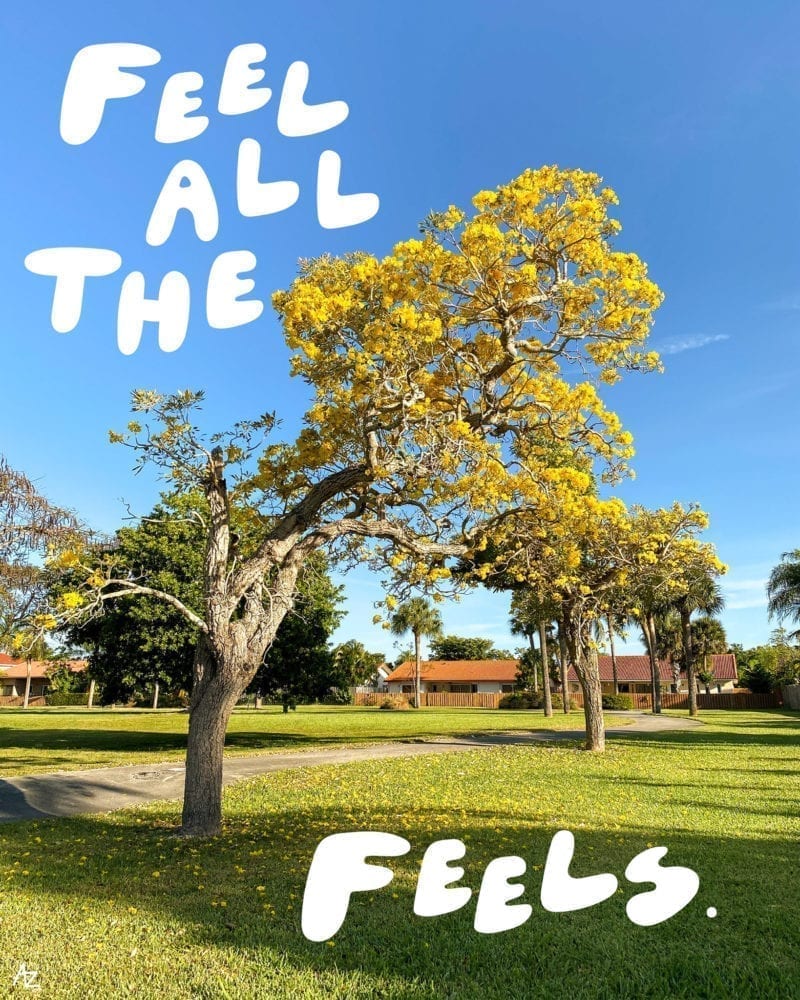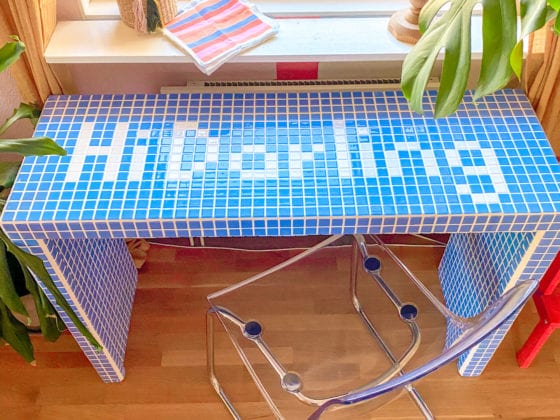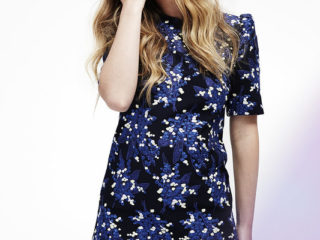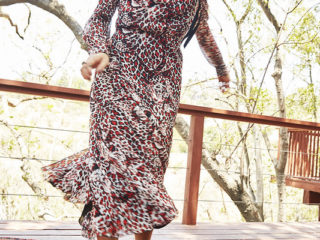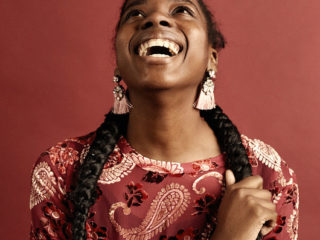My cousin and I sat with my aunt on her back porch some years ago—I, a newly minted college freshman, probably talking about a boy I don’t remember now. My eyes had welled up with tears, and I apologized and fought them off valiantly.
“Don’t be sorry. Just cry. You’re allowed to cry,” my aunt interrupted my struggle.
The simple reality was jarring to me. I was deeply uncomfortable with the idea of openly crying and the vulnerability it required. Yet, it was that moment, and many others that followed, that found me at the end of my rope, facing my easily overwhelmed self, finally willing to take an honest look at the heaviness I had smothered for so long. I was convinced the weight and messiness of my emotions would end me, but I realized that they held the same power if left unacknowledged.
I was convinced the weight and messiness of my emotions would end me, but I realized that they held the same power if left unacknowledged.
Suffice it to say, I haven’t always had a great relationship with my emotions. To say I am now fully on the other side of that reality would be a supreme overstatement, but I’ve learned. I am able to cry more freely, and I extend the same invitation to anyone who faces the same shame and discomfort I did. I’ve gained clarity and tools through counseling, and I am much quicker to recognize an unacknowledged emotion. Yet, I still rely on intentionality and accountability from friends who know me well to check on how I am processing the emotions I once, and sometimes still, tried so hard to avoid.
There are a variety of reasons human beings stuff emotions. Some have been taught through life experience that their emotions are unwelcome, too much or unproductive. Some are easily overwhelmed or prone to mental illness and to stare a difficult emotion in the face feels triggering or final. Some have found that they are more valued when they express positive emotions and that feels safer.
You and I could probably discuss and find our own shared experiences around it. One thing is certain—we all have different ways we choose to numb and ignore that which is most burdensome to us. We have no shortage of methods to do so.
As much as I love Instagram, a good Netflix binge or even a full social calendar, these things can quickly become distractions or coping mechanisms for that which I am unwilling to slow down and address. Perhaps these coping mechanisms resonate with you, or maybe for you, it’s overworking, humor or obsessive dieting and exercise. We all have ways we mask and avoid hard emotions.
In her viral TED Talk on vulnerability, Brené Brown explained, “You cannot selectively numb emotion. When we numb [hard feelings], we numb joy, we numb gratitude, we numb happiness.”
I’ve found this to be true. However, choosing not to numb is much more of a process than we would probably like it to be. Yet, we can choose to pursue wholeness in discomfort rather than let fear convince us to settle into numbness.
We can choose to pursue wholeness in discomfort rather than let fear convince us to settle into numbness.
The process cannot be found in neatly outlined steps but in personal inventory. I have found journaling to be helpful, as it both gives space to put language to something so abstract, as well as documenting progress that becomes encouraging over time.
I have also found it necessary to replace rather than remove. Instead of simply cutting my screen time, I replace it with reading or writing or a creative, life-giving activity. It’s also essential for me to take note of my own behavioral patterns, where my numbing tendencies alert me to unaddressed pain and to build better behaviors that enable me to take effective steps.
You cannot do this alone, and frustration with yourself cannot be your motivation.
Emotions, especially the difficult ones, are great indicators. As a bruise tells us where we’ve been hit, a deep and hard emotion tells us where we’ve been wounded and where we need healing. Healing is not something we can pursue in isolation. We need counselors. We need close friends and family to speak to us about what they see—both to encourage us and to help us walk forward.
These steps also come much more freely when we don’t look at ourselves or our emotions as the enemy. If your self-growth is propelled by frustration, insecurity or, perhaps, even self-hatred, then you will run in circles trying to fix your heart rather than heal it.
Your heart really just needs to be loved well. I hope you know that you are meant for just that, for wholeness—fully alive and rooted in a reality of love.

